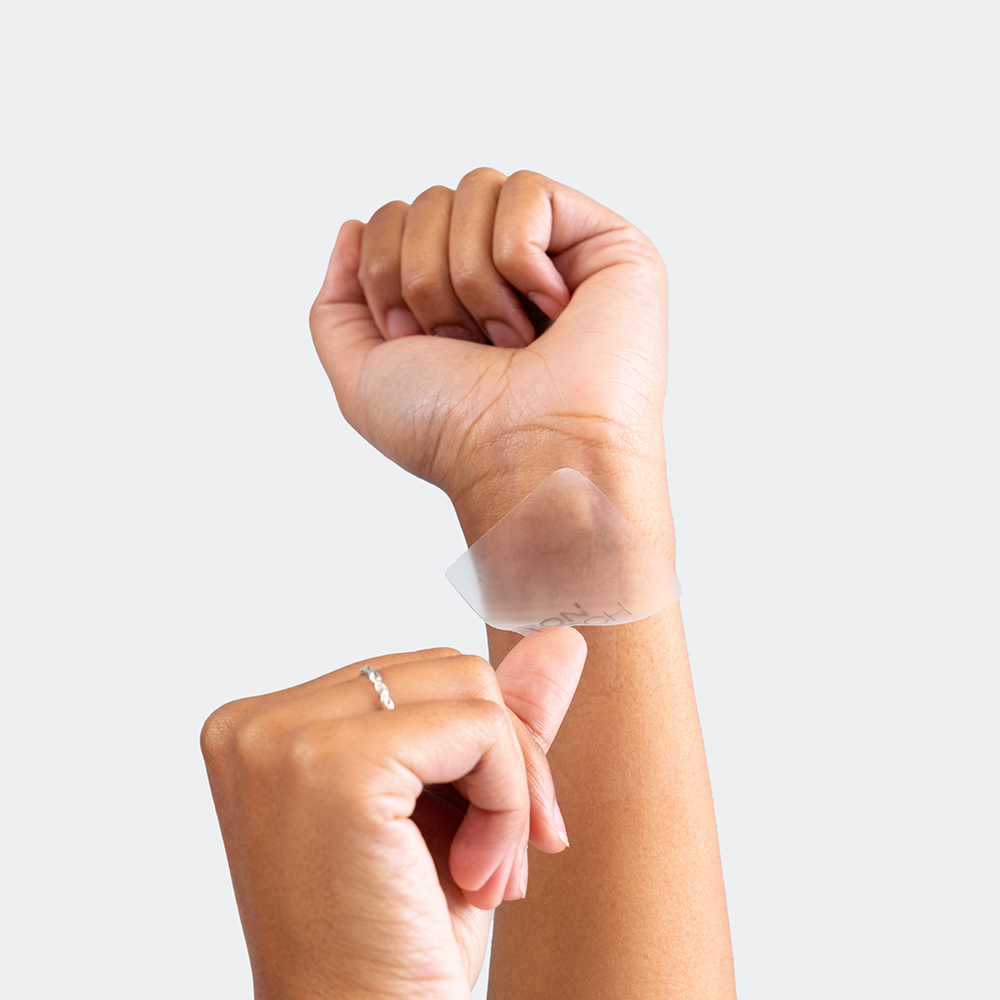Article: Sleep Better, Recover Stronger: 6 Holistic Tips for Restful Nights
Sleep Better, Recover Stronger: 6 Holistic Tips for Restful Nights
Struggling to get a good night’s sleep? You’re not alone. Whether it’s a racing mind at 2 a.m. or waking up still feeling tired, poor sleep can derail your day and slow down your body’s recovery. The good news is that a few lifestyle tweaks can make a world of difference. Better sleep isn’t just about feeling less groggy – it helps your muscles repair, your mind recharge, and your overall wellness improve. Instead of reaching straight for sleeping
pills, try these holistic tips to naturally drift into dreamland and wake up rejuvenated.
1. Stick to a Consistent Sleep Schedule
One of the most effective (and underrated) sleep strategies is maintaining a regular sleep-wake schedule. Our bodies run on a 24-hour internal clock (circadian rhythm) that loves consistency. Try going to bed and waking up at the same time each day – yes, even on weekends. According to sleep experts, keeping a regular schedule helps synchronize your internal clock, making it easier to fall asleep and wake up refreshed. Over time, this habit trains your body to feel sleepy at the right time each night. For an extra boost, expose yourself to natural sunlight in the morning to reinforce your body’s “wake up” signal and help you feel alert during the day.
2. Craft a Calming Bedtime Routine
Give your body and mind clear cues that it’s time to wind down. Instead of working on your laptop or scrolling social media until the minute you turn off the lights, establish a relaxing pre-bed ritual. This could include dimming the lights an hour before bed, sipping a cup of caffeine-free herbal tea (chamomile or peppermint, anyone?), or reading a few pages of a book. Gentle stretches or deep breathing exercises can also help release tension from the day. The key is consistency – doing the same calming activities each night signals to your brain that bedtime is approaching. Over time, even the simple act of putting on comfy pajamas or listening to soothing music can start to make your eyelids feel heavy. By the time your head hits the pillow, you’re already in relaxation mode.
3. Create a Sleep-Friendly Environment
Transform your bedroom into a sleep sanctuary. Experts often suggest thinking of your bedroom as a cool, dark, quiet cave – an ideal environment for quality sleep. Keep the room dark with blackout curtains or an eye mask to block stray light. If you live in
a noisy area or have a snoring partner, consider using a white noise machine or earplugs to mask disturbances. Temperature matters too: most people sleep best in a slightly cool room (around 15–19°C or 60–67°F), as a cooler environment helps your core body temperature drop for sleep. Ensure your mattress and pillows are comfortable and supportive for your preferred sleep position. Even small tweaks – like removing blinking electronics or adding a calming scent (lavender pillow mist, for example) – can turn your bedroom into a haven of rest.
4. Watch Your Evening Intake
What you consume in the hours before bed plays a big role in sleep quality. Caffeine is a major culprit in keeping people up at night – that 3 p.m. coffee or even a strong cup of tea after dinner can still be stimulating your nervous system at bedtime. As a rule of thumb, cut off caffeine at least 6 hours before you plan to sleep (or earlier if you’re sensitive). Similarly, be mindful of heavy or spicy dinners late in the evening; digesting a big meal can cause discomfort or heartburn that disrupts your sleep. If you’re hungry closer to bedtime, opt for a light snack like a banana or a few almonds which won’t overload your stomach. And while a nightcap drink might make you drowsy at first, alcohol can actually fragment your sleep cycles, leading to poorer rest. Instead, stay hydrated with water or a warm herbal tea in the evening – just don’t chug too much right before bed, or your bladder might be what wakes you up in the middle of the night!
5. Get Moving (but Time it Right)
Regular exercise is fantastic for sleep and overall wellness. Physical activity helps reduce stress hormones and can improve the quality of your sleep cycles. Even a brisk walk or some yoga during the day can lead to deeper, more restorative sleep at night. The timing, however, is important: try to schedule vigorous workouts earlier in the day or at least a few hours before bedtime. Exercising too close to bedtime – especially high-intensity training – can leave you buzzing with adrenaline when you should be winding down. Instead, late evenings can be reserved for gentle movements like stretching or relaxation yoga if you feel the need. By staying active in daylight hours and slowing down after dusk, you align with your body’s natural rhythm and set the stage for better sleep at night.
6. Embrace Nature’s Sleep Aids
Sometimes, even with good habits in place, you might need a little extra help to quiet the mind or ease into sleep. Before turning to strong sleep medications, consider natural sleep aids. Herbal remedies have been used for centuries to promote relaxation – for example, valerian root and passionflower are known for their calming, sedative effects. A cup of valerian tea or a natural supplement could help take the edge off insomnia. Magnesium is another popular aid; this mineral can have a soothing effect on the nervous system, and taking a magnesium supplement or an Epsom salt bath in the evening may help your muscles and mind relax. Additionally, some people find benefit in practices like aromatherapy – a few drops of lavender essential oil on your pillow can create a tranquil atmosphere. Remember, “natural” doesn’t always mean risk-free, so use these aids responsibly and consult a healthcare professional if you have any concerns. When used mindfully, nature’s toolbox (from calming herbs to minerals) can gently nudge you toward dreamland.
A Natural Solution: BonPatch SLEEP Patches
If you’re looking for a convenient, subtle way to get nightly sleep support, BonPatch SLEEP patches might be your dream come true. These wearable patches are formulated with natural sleep-enhancing ingredients – including extracts of Valerian, Passionflower, and Hops – renowned for their ability to promote relaxation and ease into sleep. BonPatch SLEEP even includes a microdose of hemp-derived CBD, a compound noted for helping to reduce anxiety and calm the mind, so you can drift off more easily after a long or stressful day. Simply apply a patch to clean, dry skin about an hour before bedtime, and let the steady-release matrix work overnight. While you’re peacefully dozing, the patch gradually delivers its botanicals to support a deep, uninterrupted sleep.
The beauty of a transdermal patch is that it works while you rest, without the need to swallow pills or wake for droplets – perfect for those who prefer a hassle-free night routine. By the time morning arrives, you can peel off the patch and start your day feeling truly refreshed. BonPatch SLEEP patches offer a gentle, natural nudge toward better sleep, fitting seamlessly into a holistic bedtime plan. After all, when you sleep better, you recover stronger – and that empowers you to live each day to the fullest.
Incorporate these tips into your life step by step, and watch how your nights (and days) transform. Sweet dreams and happy healing!










